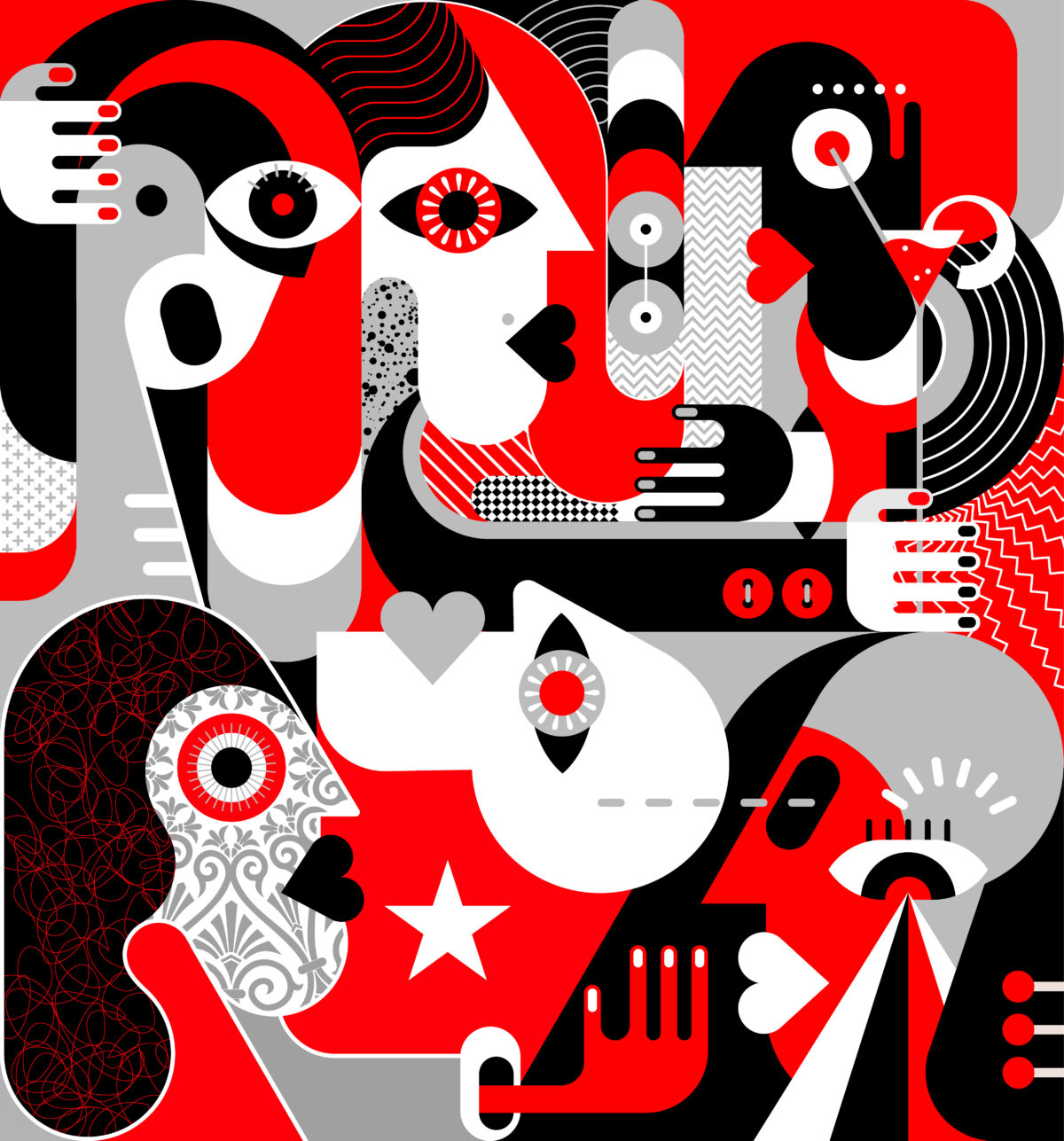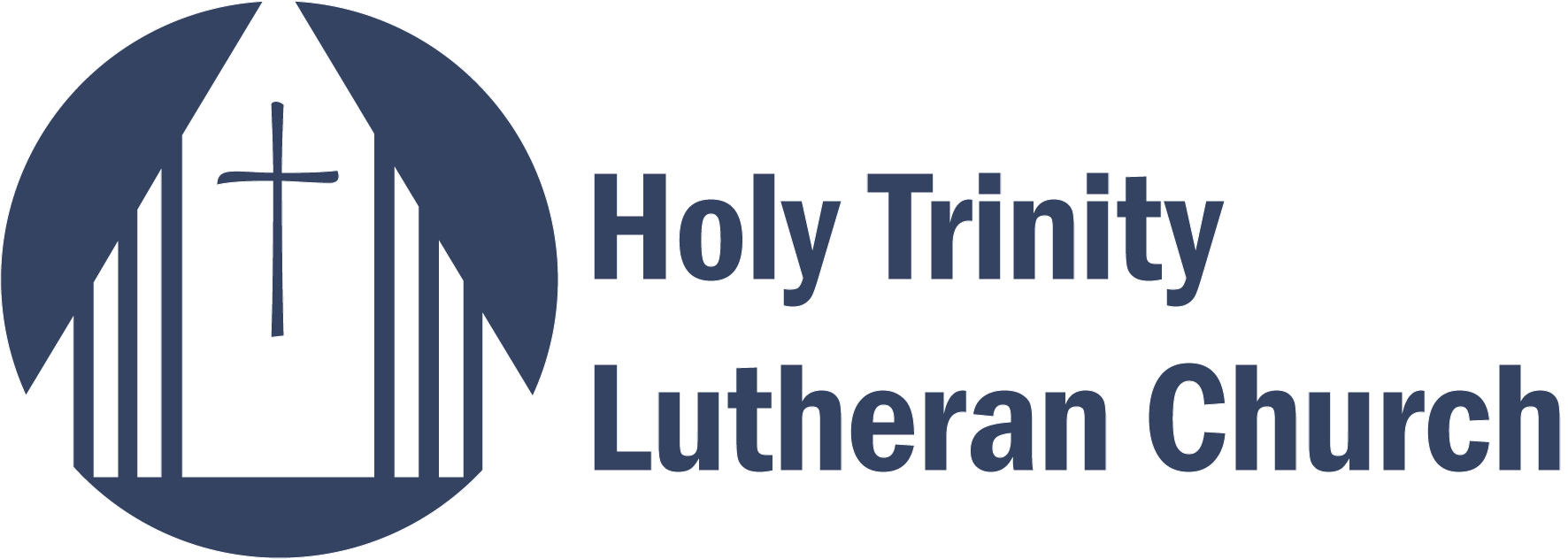Us versus Them

As the Church year comes to a close, as the Christmas season begins to fill our schedules, we feel ourselves pulled in two different directions, like sheep being scattered from their shepherd.
And this time of the year always brings with it that tension. Each year, we begin to prepare for the Christmas season—the celebration of the Prince of Peace, the Savior of humankind—by becoming very busy. We hustle to decorate and plan meals. We make travel plans. We buy gifts. And our schedules fill with concerts and nativities—ours, our kids’, our grandkids’. Looking forward to the Prince of Peace takes a lot of work apparently!
Christ the King Sunday, you might be surprised to learn is not an ancient liturgical day. Pope Pius XI established the day in 1925, declaring “The peace of Christ in the Reign of Christ.” Pius looked across Europe and saw signs of what was coming. He saw the rise of fascism in Italy, of Nazism in Germany, of nationalism throughout Europe. The quest for power, the desire to defeat enemies, the need to grab onto self-certainty—“I am right and they are wrong!”—were all increasing. He saw sheep scattered, looking for a shepherd to follow, and grabbing onto ideologies of power, ideologies of Us Not Them. And he named Christ the King Sunday to call our attention to what we say really matters.
Well, history doesn’t really repeat itself, but it sure does tend to rhyme. Nearly a century later, we celebrate this day amid similar tensions. Yes, we are pulled by the busy-ness of the season, by the messages of consumption that punctuate our preparations, but we are living in a world of larger tensions as well.
We are living in a time of unrest. Two hundred years ago, wars and famines and problems elsewhere stayed elsewhere—or we could fool ourselves into thinking that anyway. Today, problems around the world are problems around the world.
And so migrants and refugees move, seeking places to breath freely, to live safely. The hierarchies that have long defined our societies—hierarchies of white over black, of men over women, of gay over straight, of “normal” over “other”—are still with us and now have new defenders—too many people are willing to turn back the clock on so much social progress. In the richest parts of our world, and here in our country of course, too many people are made to go without, to have less than they need and deserve. And with each day we ask ourselves when the killing will stop—the killing of innocents in Israel, in Gaza, in Ukraine, and so many other places.
And into this confusion shout voices promising us safety and security, if we will only turn and blame Them. If we would only come together to defeat Them, then the world would make sense again, order would be restored, and our version of utopia would come about. If it weren’t for Them… And so we feel ourselves pulled to one side or another. We feel ourselves antagonized into an Us versus Them. And we are told that Righteousness demands that we choose the right side, the right Them to blame and oppose, that we choose the right enemy to defeat and then everything will be right again. Torn and pulled and forced to choose: Whose side are you on anyway?
“If you are the King of the Jews, come down off that cross and save yourself!”
“If you are the Messiah, defeat your enemies!”
“If you are the Chosen One, defeat my enemies.”
The Christ we proclaim King on this day, is the Christ who refused to give in to this dynamic. The Christ we proclaim King is the Christ who refused to be placed over and against others. When Christ was tempted by the Satan in the wilderness—“Look at the kingdoms of the earth, they can be yours if you bow and worship power over others”—he refused.
“Jesus,” his disciples asked him, walking to Jerusalem, “when you finally come to power, make us to sit at your right hand and your left hand, so that we can share in your power over others, too.” “You do not know what you’re asking,” he told them.
And when the people came to try to make him King, to make him the kind of leader, the kind of Messiah, they were expecting, he vanished from their midst.
“If any want to become my followers, let them take up their cross—not their sword but their cross—and follow me.”
On this day, we don’t only remember who the ruler of the world is. We don’t only remember that it is Christ who is the Alpha and the Omega. We remember and proclaim who this Christ is.
“Father forgive them. Father forgive them because they are afraid and following the shepherds who tell them that this is what power looks like. Father forgive them because they have fallen for the lie that defeating an enemy will ease their pain and calm their unrest. Father forgive them because they know not what they are doing.”
We face very real problems. The struggles that we witness, the challenges we face, the unease and worry in our world will not be easily answered. But trying to answer them by repeating the patterns of division, hatred, and demonizing others will only lead to repeating the mistakes of the past and the problems we face will only be made worse.
Torn and pulled, worried and unsure of what comes next, the voice of the shepherd calls out.
In naming Christ the King, we give voice to a different vision of how the world works. When the world tells us that it is Us versus Them, we answer that there is only Us together, that there is only these brothers and sisters with whom we are to make peace. When the world tells us that power is wielded to defeat Them, we answer that power is the word of forgiveness, the assurance that God is with Us. When the world tells us to choose a side, to name our enemies, we answer that we have chosen the side of the King Who Goes to the Cross, and that our enemies are not Them; our enemies are not one another but prejudice and hatred and fear. The Way of the Cross, the Way of the Ruler we proclaim, is the power of forgiveness and love.
It is this way that we have been baptized into. And living from this love, acting from these waters, the problems and challenges we face do not send us looking for voices who will pit us against Them. United to Christ, the unrest and unease in our world do not send us searching for answers in ideologies of power and dominance over others. Crucified with this Christ and raised to new life, we are freed to face our world unafraid of welcoming the stranger, unafraid of loving others, unafraid to declare that we are forgiven and forgiving. And so we who have seen that there is no “us” and “them,” can go out into the world and say, “They are us, and we belong to them.” And anytime we feel ourselves pulled, anytime we hear the voices of those who sow division, we return to these waters and remember, “The peace of Christ in the Reign of Christ.”

